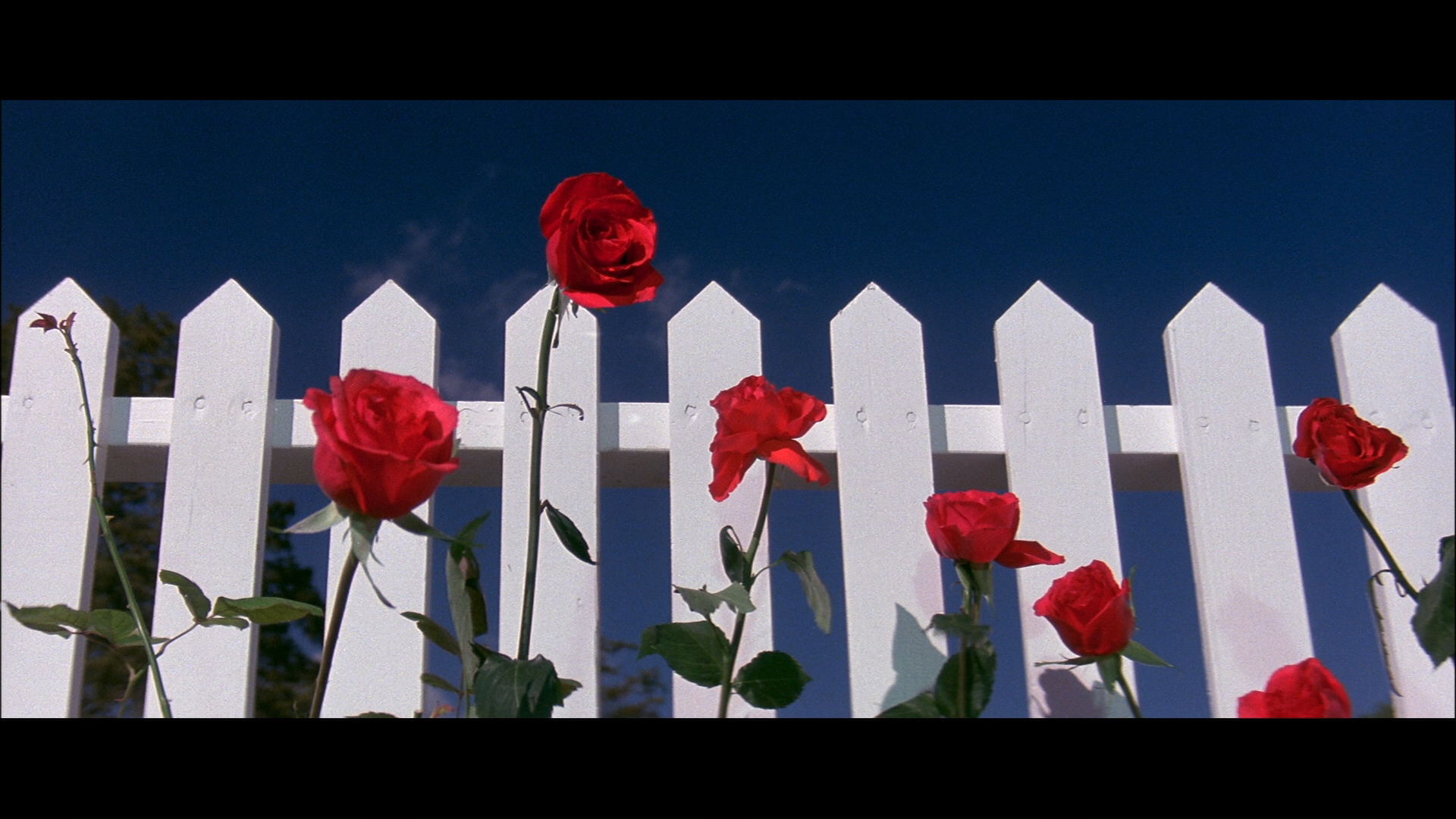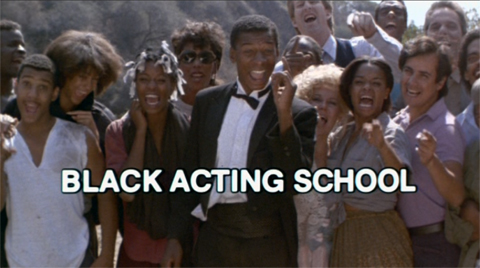
The discussions in class comparing the film to Crash was something I didn't think of before. The stereotypes laced throughout the film Crash are intense, powerful and not put in there as a comedic aspect of the film. Hollywood Shuffle was pure comedy and therefore made the stereotypical message not as serious as the scenarios in Crash. As someone mentioned in class, we all laughed because it was true but we didn't get to see the severity of how the situation has affected lives, whereas in Crash, the film is a drama and every situation is serious and realistic. With Crash being somewhat over the top with it's stereotypes, it is effective in it's message. The comedic approach in Hollywood Shuffle was another way to appeal to it's audience.


Another thing that I didn't like about this film was the ending. Eddie Murphy was mentioned in this film, and the director and producers of the film wanted a guy that could act like him. Eddie Murphy was clearly famous and respected in this film's time period, so why did Bobby give up so easily because his VERY first movie role wasn't a majorly serious one? I wish that he hadn't given up and slumped over to the post office. If Bobby had stuck out the role, gotten his face and name out there as an actor, then he could be on his way to fulfilling his dreams and being a respected name such as Eddie Murphy was. Sure, maybe this is somewhat far-fetched, but Bobby accepted the stereotype and gave up after 5 minutes on his first film set. I don't think Eddie Murphy reached where he is today without a little hard work and dedication, however I'm trying not to take this ending or movie as a whole too seriously.



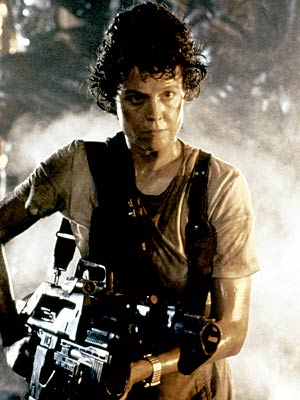

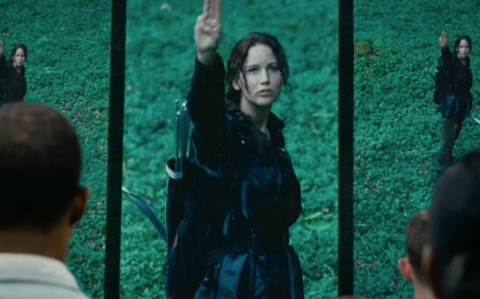
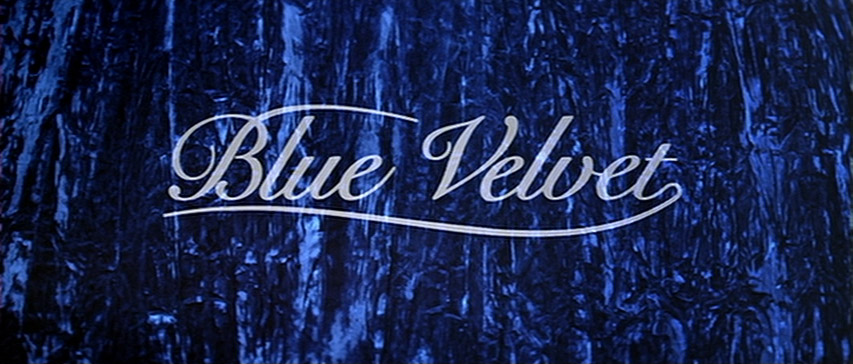 Oh David Lynch. I have seen Mulholland Drive, a very famous film by David Lynch, so I knew what to expect when I heard we were watching Blue Velvet. David Lynch is considered one of the great filmmakers of our time, and I can see why, yet I am not a huge fan of his films (sorry!) His films can just be too weird for me and my liking's.
Oh David Lynch. I have seen Mulholland Drive, a very famous film by David Lynch, so I knew what to expect when I heard we were watching Blue Velvet. David Lynch is considered one of the great filmmakers of our time, and I can see why, yet I am not a huge fan of his films (sorry!) His films can just be too weird for me and my liking's.